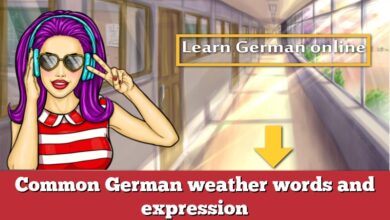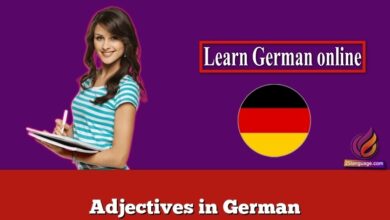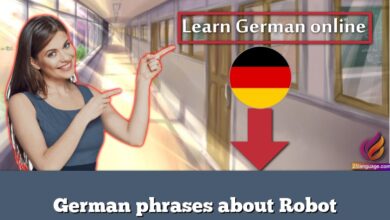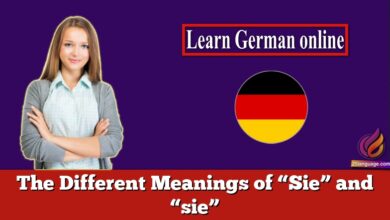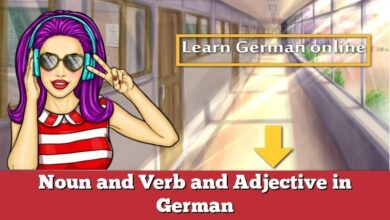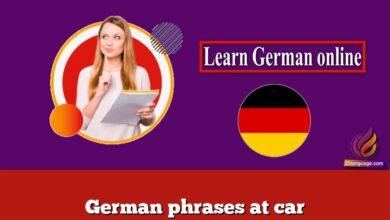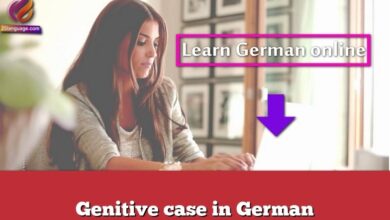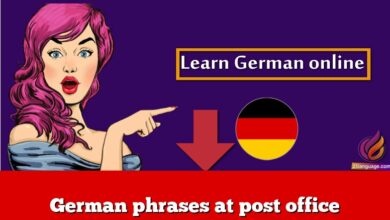The nominative case

German uses the nominative case if the noun is the subject in a sentence – a person or thing doing the action.
Examples
Here are some examples of nouns in the nominative case:
Der Mann hört Musik. The man is listening to music.
Die Frau liest das Buch. The woman reads the book.
Das Kind kauft einen Apfel. The child buys an apple.
Die Gäste wollen es nicht. The guests don’t want it.
Endings in the nominative case
As described , cases are important in German because they affect the endings of various words linked to nouns. Here is an overview of the most common endings:
| modifier | masculine | feminine | neuter | plural |
| definite articles | der Mann | die Frau | das Kind | die Gäste |
| indefinite articles | ein Mann | eine Frau | ein Kind | Gäste |
| negative article | kein Mann | keine Frau | kein Kind | keine Gäste |
| possessive | mein Mann | meine Frau | mein Kind | meine Gäste |
The nominative case after sein and werden
Note that you also use the nominative after sein ‘to be’ and werden ‘to become’:
Er ist ein interessanter Mann. He is an interesting man.
Es wird ein schöner Tag. It’s going to be a nice day.
However, this is not always obvious, since you sometimes do not use an indefinite article with these verbs in German:
Er ist Ingenieur. He is an engineer.
Sie wird Lehrerin. She is going to be(come) a teacher.
How to spot the nominative case
The subject does not have to be at the beginning of the sentence:
Morgen fährt die Klasse nach Berlin. Tomorrow the class is going to Berlin.
Nach dem Essen trinkt er einen Expresso After the meal he drinks an espresso.
An easy way to find out the subject of a sentence is to ask ‘Who or what is doing the action?’ Who is going to Berlin tomorrow? The class. Who is drinking an espresso? He is.
Exercise
Fill in the correct form of the indefinite (ein, eine, ein) and definite articles (der, die, das, plural die) in the nominative. The genders of the nouns are given in parentheses.
Example:(f) Das ist eine Popgruppe. Die Popgruppe heißt No Angels.
1 (m) Das ist ـــــــــــــــــ Computer. Computer kostet 1200 Euro.
2 (nt) Das ist ــــــــــــــــــ Auto. Auto ist ein VW.
3 (f) Das ist ــــــــــــــــــ Zeitung. Zeitung heißt Die Welt.
4 (f) Das ist ــــــــــــــــــ Flasche Bier. Flasche kommt aus München.
5 (nt) Das istــــــــــــــــــ Hotel. Hotel heißt Maritim.
6 (m) Das ist ـــــــــــــــــــ Supermarkt. Supermarkt heißt Aldi.
7 (pl) Das sind Studenten ــــــــــــــــــــــــــ. Studenten kommen aus Kanada.
8 (pl) Das sind Briefmarken ـــــــــــــــــــــــ. Briefmarken kommen aus der ganzen
Welt.
